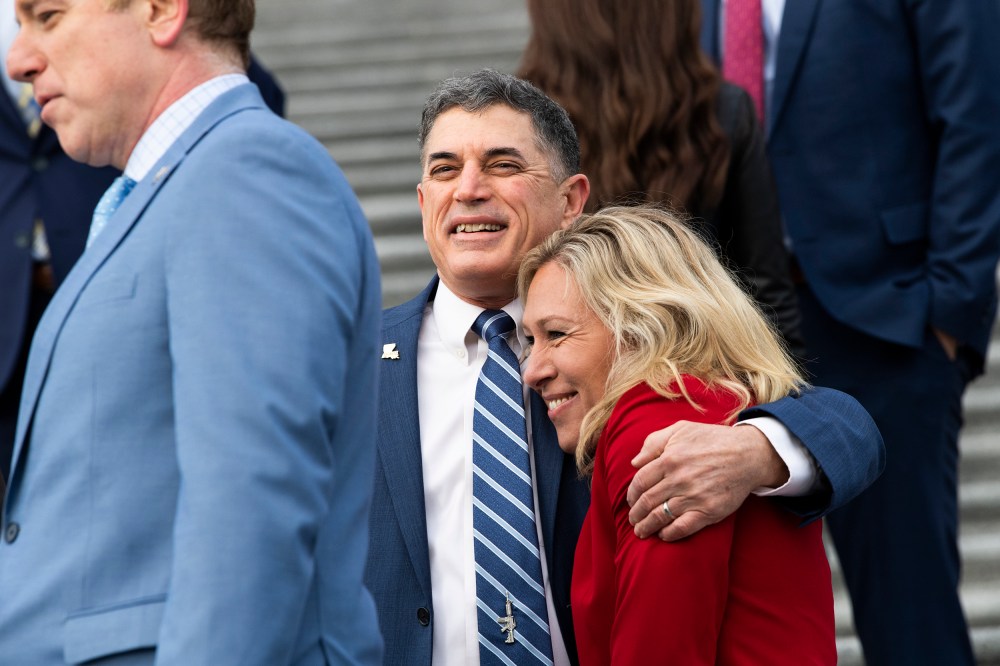As a rule, new members of Congress struggle to stand out among their more established and experienced colleagues, but Rep. Andrew Clyde (R-Ga.) is quickly making a name for himself. That’s not necessarily a good thing.
For example, during a recent House hearing on the Jan. 6 riot at the Capitol, it was Clyde who rejected the idea that the insurrectionist violence constituted “an insurrection,” adding that Donald Trump’s rabid mob behaved “in an orderly fashion.” The Georgia Republican went on to say, “[I]f you didn’t know that TV footage was a video from January the 6th, you would actually think it was a normal tourist visit.”
Earlier this week, Dana Milbank wrote that Clyde was a leading contender in the “race to determine who will be the looniest House Republican of 2021.”
A day later, Clyde was one of a small number of far-right lawmakers who balked at awarding Congressional Gold Medals to the Capitol Police officers and others who protected the U.S. Capitol during the Jan. 6 attack.
And the day after that, the GOP freshman was back in the news once more. The Washington Post reported:
Rep. Andrew S. Clyde (R-Ga.), who voted against awarding police officers the Congressional Gold Medal for their bravery in protecting the U.S. Capitol against violent, pro-Trump rioters on Jan. 6, refused to shake hands Wednesday with a D.C. police officer who responded to the violence, according to the officer.
Officer Michael Fanone, who was beaten unconscious by the pro-Trump rioters during the attack, has been a leading voice in support of reality as some on the far-right have tried to diminish the importance of the insurrectionist riot. Fanone introduced himself to Clyde in a Capitol Hill elevator on Wednesday, and explained that he fought to defend the Capitol on Jan. 6.
The Georgia Republican apparently refused to shake the officer’s hand and would not engage Fanone in conversation.
It was an uncomfortable moment, that was emblematic of a larger trend. Greg Sargent added yesterday, “Fanone is demonstrating with uncommon clarity that at a basic level, a large swath of Republicans, in aligning themselves with Trump’s efforts to overturn the election, also aligned themselves with lawlessness and civic breakdown, against democratic stability and the rule of law.”














